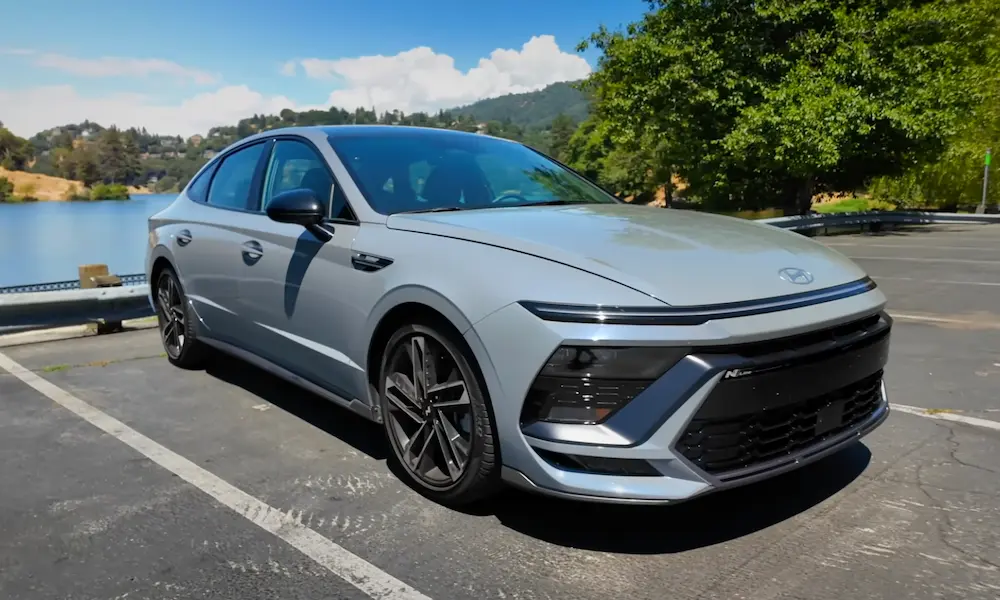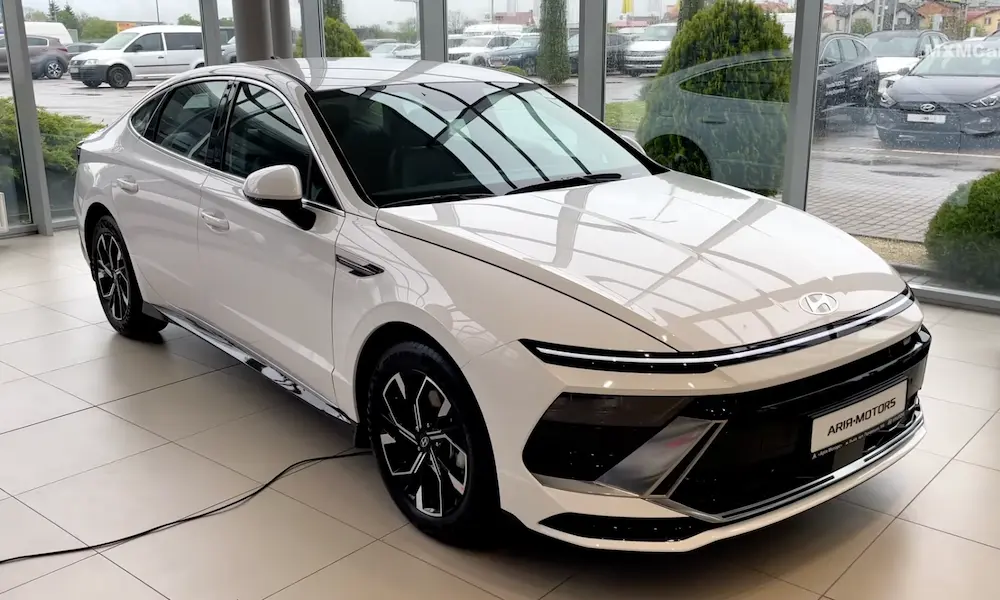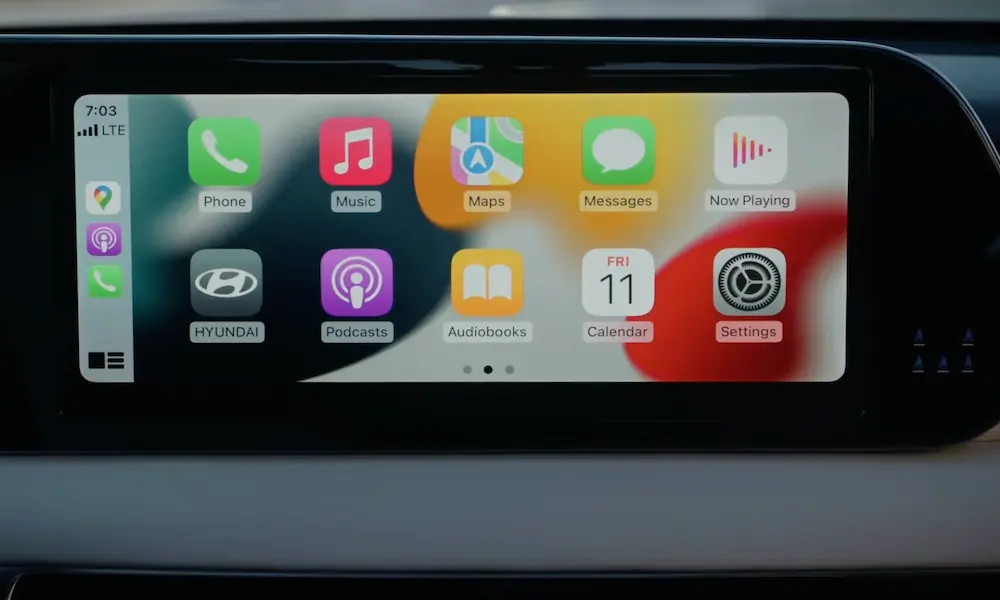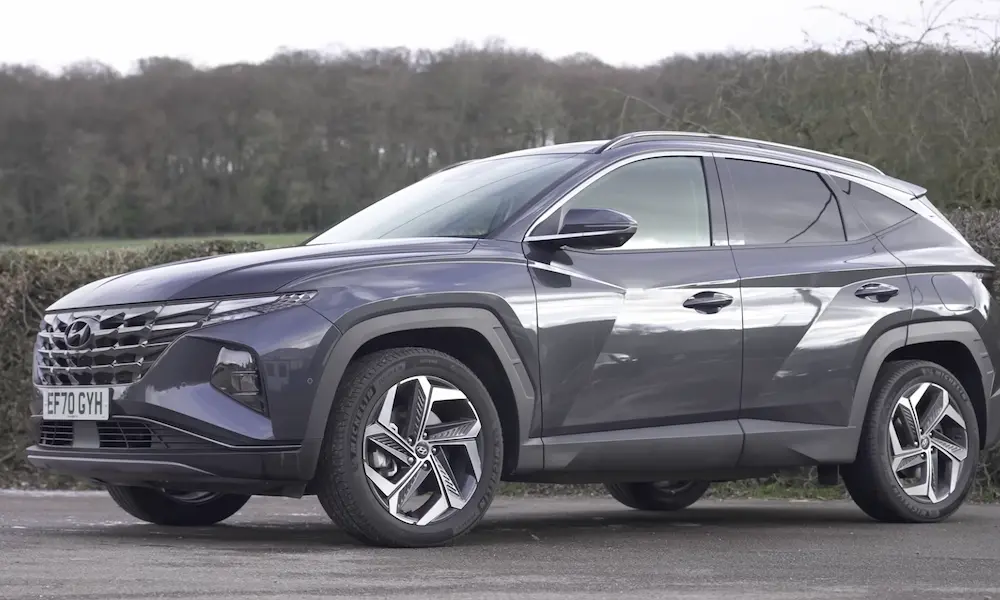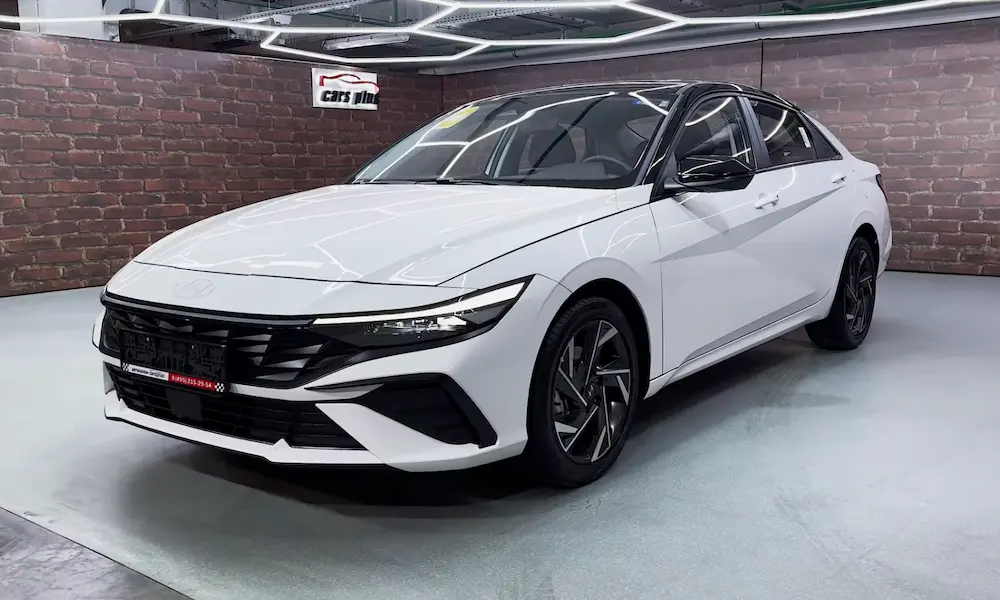Wondering about the origins of your sleek Genesis sedan or SUV? You’re about to discover the fascinating story behind where Genesis vehicles come from. The luxury division of Hyundai might be relatively new to the premium car scene, but its manufacturing approach blends traditional craftsmanship with cutting-edge technology. Let’s explore the factories and facilities that bring Genesis vehicles to life.
Genesis Manufacturing: The South Korean Heart of Operations
Genesis cars are primarily manufactured in South Korea, with the massive Ulsan manufacturing complex serving as the brand’s production headquarters. This isn’t just any factory – it’s the largest single automobile production facility in the world, spanning an impressive 5 million square meters.
The Ulsan facility is where most Genesis models roll off the assembly line, including the flagship G90 luxury sedan, the popular G80, and the cutting-edge GV60 electric crossover. This manufacturing powerhouse produces approximately 1.4 million vehicles annually, accounting for roughly 25% of Hyundai’s global production output.
When you drive a Genesis, you’re experiencing Korean engineering excellence that comes from this industrial cornerstone established back in 1968. The facility’s dedicated port aids in efficiently distributing these luxury vehicles worldwide, allowing them to reach international markets quickly.
The Ulsan Complex: A City of Automobile Production
The Ulsan complex isn’t just a single factory – it’s practically a small industrial city dedicated to automobile manufacturing. Here’s what makes this facility remarkable:
- Scale: Comprises five distinct manufacturing plants under one massive complex
- Integration: Houses everything from stamping facilities to final assembly
- Capacity: Produces around 6,000 vehicles daily across all Hyundai brands
- Infrastructure: Features its own port facility for global shipping
- Legacy: Over 50 years of manufacturing excellence and innovation
The Korean manufacturing approach at Ulsan emphasizes meticulous quality control and precision engineering, which are essential elements in creating luxury vehicles that can compete with established premium brands.
Expanding Electric Genesis Production in South Korea
Hyundai Motor Company is heavily investing in the future of Genesis with a new dedicated EV plant in Ulsan. In November 2023, Hyundai broke ground on this $1.51 billion facility specifically designed for electric vehicle production. This plant, scheduled for completion in 2025, will initially focus on manufacturing the Genesis GV90 – a large electric SUV.
The new EV-focused facility will incorporate Hyundai’s advanced Manufacturing Innovation Platform, developed at the Hyundai Motor Group Innovation Center in Singapore. This system leverages AI-driven production methods and emphasizes:
- Carbon-neutral manufacturing processes
- Highly flexible production lines
- Advanced robotics working alongside skilled technicians
- Digital twin technology for production optimization
With an annual capacity of 200,000 units, this facility represents Genesis’s commitment to electrification while maintaining its production base in South Korea.
Global Design With Korean Manufacturing
While manufacturing remains centered in South Korea, Genesis vehicles benefit from global design influence. The brand maintains design studios in three key locations:
- Rüsselsheim, Germany: European design sensibilities
- Namyang, South Korea: Korean craftsmanship and engineering
- Irvine, California: American market preferences and styling
This international design approach creates vehicles with universal appeal while maintaining the centralized manufacturing benefits of quality control and consistent production standards. The “athletic elegance” design language that characterizes Genesis vehicles emerged from this collaboration between designers across continents.
As Genesis of Littleton explains, this blend of global design with Korean engineering expertise creates a unique automotive identity that distinguishes the brand in the luxury market.
A Limited American Manufacturing Presence
While most Genesis vehicles come from South Korea, the brand has started limited production in the United States. In 2023, Genesis began manufacturing the electric GV70 crossover at Hyundai’s facility in Montgomery, Alabama, marking its first U.S.-assembled model.
This expansion into American production remains relatively modest compared to the scale of operations at Ulsan. However, it represents an important strategic move to:
- Reduce shipping time and costs for the American market
- Qualify for certain U.S. tax incentives for electric vehicles
- Respond more quickly to North American market demands
- Establish a manufacturing footprint in one of its key markets
The Montgomery plant’s role in Genesis production highlights the brand’s flexible approach to meeting regional demand while maintaining its primary manufacturing base in South Korea.
Component Manufacturing: The Foundation of Genesis Quality
The production of a Genesis vehicle extends beyond final assembly. Hyundai Mobis, the parts subsidiary of Hyundai Motor Group, plays a crucial role in the Genesis manufacturing ecosystem.
In 2024, Hyundai Mobis opened a specialized $66 million EV module plant in Ulsan dedicated exclusively to Genesis components. This facility produces critical systems including:
- Chassis components
- Battery modules and management systems
- Electric drivetrain components
- Advanced driver assistance systems (ADAS)
This dedicated component factory ensures tight quality control for the sophisticated systems that define Genesis vehicles as premium products. According to Korea JoongAng Daily, this investment demonstrates Hyundai’s commitment to vertical integration in Genesis production.
Adapting Production to Market Demands
Genesis manufacturing demonstrates remarkable flexibility in responding to market conditions. The Ulsan facility periodically adjusts production schedules and model priorities based on consumer demand and market trends.
For example, in December 2023, Genesis temporarily paused GV60 manufacturing for two months amid fluctuating EV demand and changes in government subsidies. This production capacity was redirected to the Hyundai Palisade SUV, showcasing the facility’s agility in balancing resources between luxury and mainstream vehicles.
Similarly, the G70 sedan’s production was temporarily halted in late 2023 to prioritize higher-demand models. These adjustments illustrate how Genesis manufacturing remains responsive to market conditions while maintaining production efficiency.
Manufacturing Technology: The Genesis Production Advantage
The production of Genesis vehicles incorporates advanced manufacturing techniques that ensure precision, quality, and efficiency. The Ulsan facility employs several cutting-edge technologies:
| Technology | Application in Genesis Production | Benefit |
|---|---|---|
| Collaborative Robots | Assist workers in ergonomically challenging tasks | Improved precision and reduced worker injury |
| AI-Driven QC Systems | Inspect vehicles for microscopic defects | Higher quality standards than human inspection alone |
| Smart Logistics | Automated guided vehicles and inventory management | Minimized production downtime and improved efficiency |
| Renewable Energy Integration | Solar arrays and waste-heat recapture systems | More sustainable manufacturing with lower carbon footprint |
| Digital Twin Systems | Virtual replicas of production lines for optimization | Real-time production improvements and problem-solving |
These technologies represent Genesis’s commitment to progressive manufacturing methods that balance traditional craftsmanship with innovation, resulting in vehicles that meet exacting quality standards.
Genesis vs. Competitors: The Manufacturing Approach
Genesis takes a different approach to manufacturing compared to many of its luxury competitors. While German rivals like BMW and Mercedes-Benz operate decentralized global production networks with factories in multiple countries, Genesis maintains concentrated manufacturing primarily in South Korea.
This centralized approach offers several advantages:
- Consistent quality control standards
- Economies of scale in production
- Tighter integration between design, engineering, and manufacturing
- Protection of proprietary manufacturing techniques
However, it also presents challenges, particularly in logistics. For instance, U.S.-bound Genesis vehicles typically require 4–6 weeks for transit from Ulsan’s port, whereas domestically-built competitors can deliver more quickly to American customers.
This manufacturing strategy represents a calculated trade-off that prioritizes control and quality over distributed production.
Future Manufacturing Plans: Hydrogen and Advanced EVs
Hyundai’s roadmap for Genesis production at Ulsan includes ambitious plans that will shape the brand’s future:
- Hydrogen fuel cell production: A second fuel cell plant announced in March 2025 will supply systems for the Genesis lineup starting in 2028, aligning with South Korea’s national hydrogen strategy.
- Next-generation EV platforms: The upcoming eM platform, debuting in 2025, will underpin future Genesis EVs, offering ranges up to 900 km per charge with production centered in the new EV-specific facility.
- Autonomous manufacturing developments: Pilot projects using NVIDIA’s Omniverse platform aim to create digital twins of production lines, enabling real-time optimization and future-proofing Genesis manufacturing.
These initiatives position Ulsan to remain at the center of Genesis production while evolving to meet changing automotive technologies and market demands.
Consumer Implications: What Genesis Manufacturing Means for Buyers
For consumers considering a Genesis vehicle, understanding its manufacturing origins provides important context:
- The centralized production in South Korea ensures consistent quality across all models
- The integration of global design with Korean engineering creates a unique luxury proposition
- The advanced manufacturing techniques employed result in vehicles with excellent fit and finish
- The focus on electric and hydrogen production capabilities positions the brand for future sustainability
When purchasing a Genesis, you’re buying into a manufacturing philosophy that balances traditional quality with forward-thinking innovation, all centered in the brand’s South Korean industrial base.
The Future of Genesis Manufacturing
As Genesis continues to evolve, its manufacturing approach will likely maintain its South Korean core while selectively expanding production capabilities in key markets. The significant investments in Ulsan’s electric vehicle production capacity demonstrate Hyundai’s commitment to keeping Genesis manufacturing primarily in South Korea for the foreseeable future.
This strategy positions Genesis to maintain tight quality control while developing the next generation of luxury vehicles. The brand’s manufacturing future will build on its Korean foundation while incorporating increasingly sophisticated technologies and responding to global market demands.





